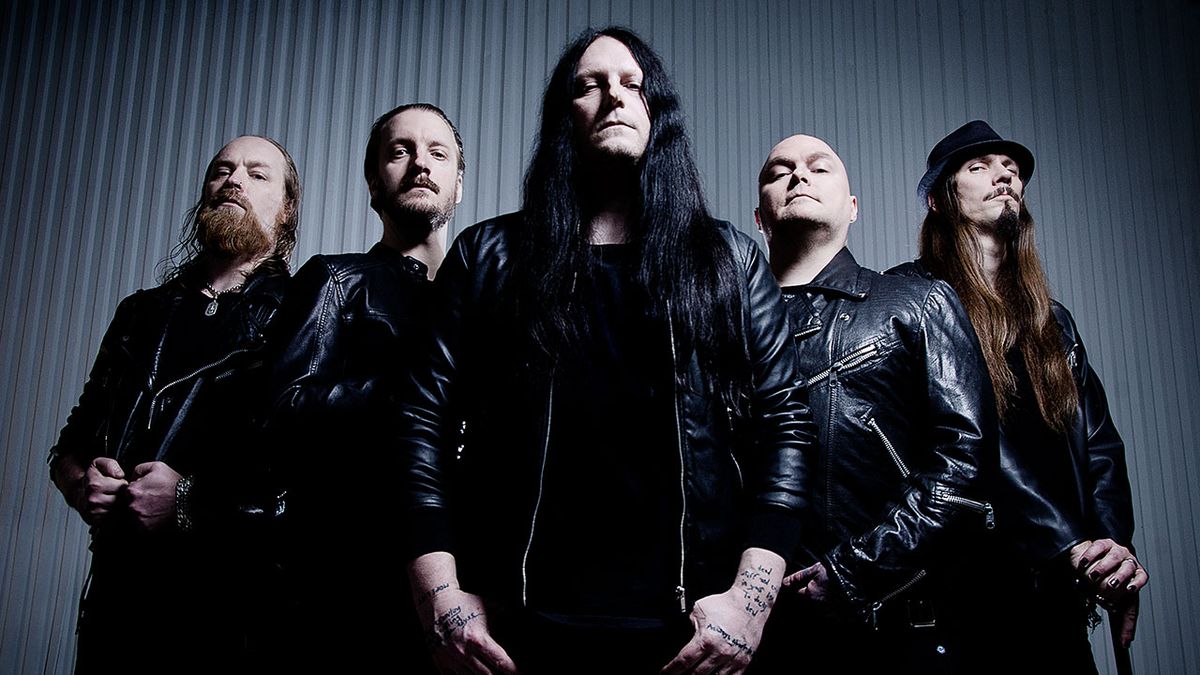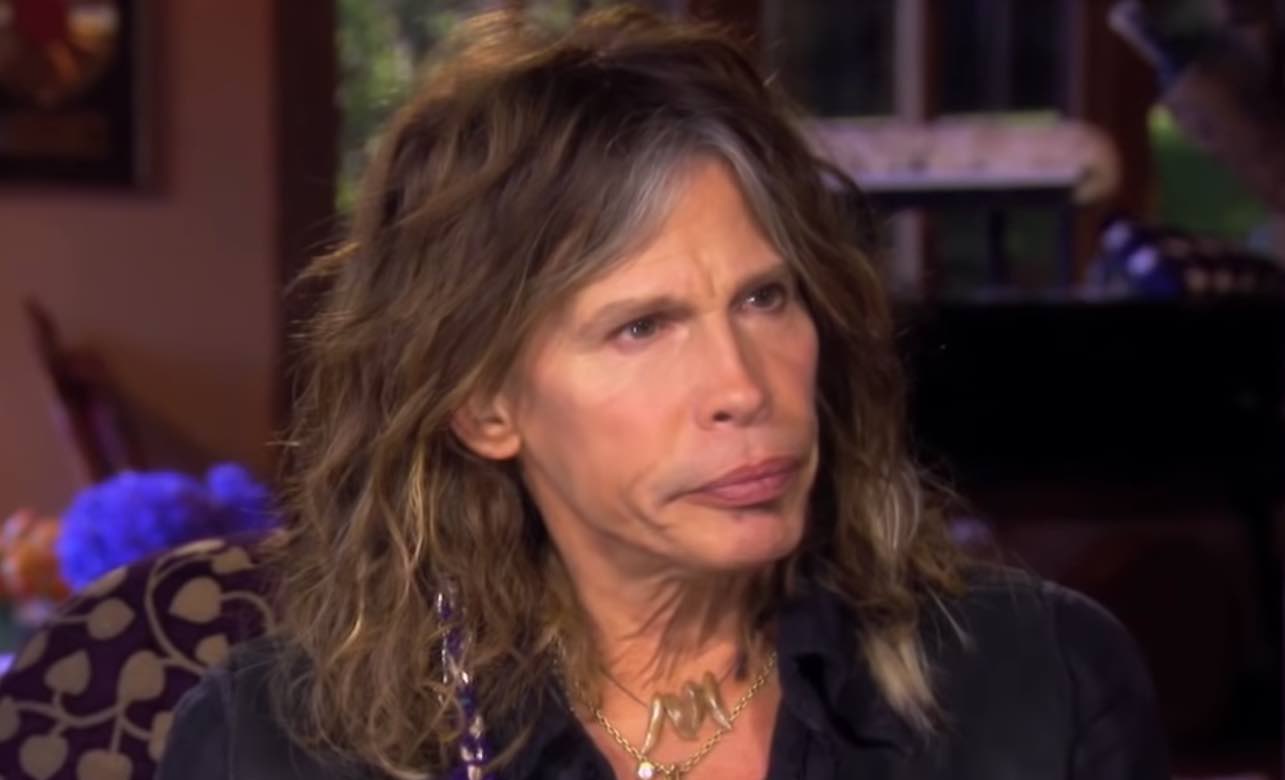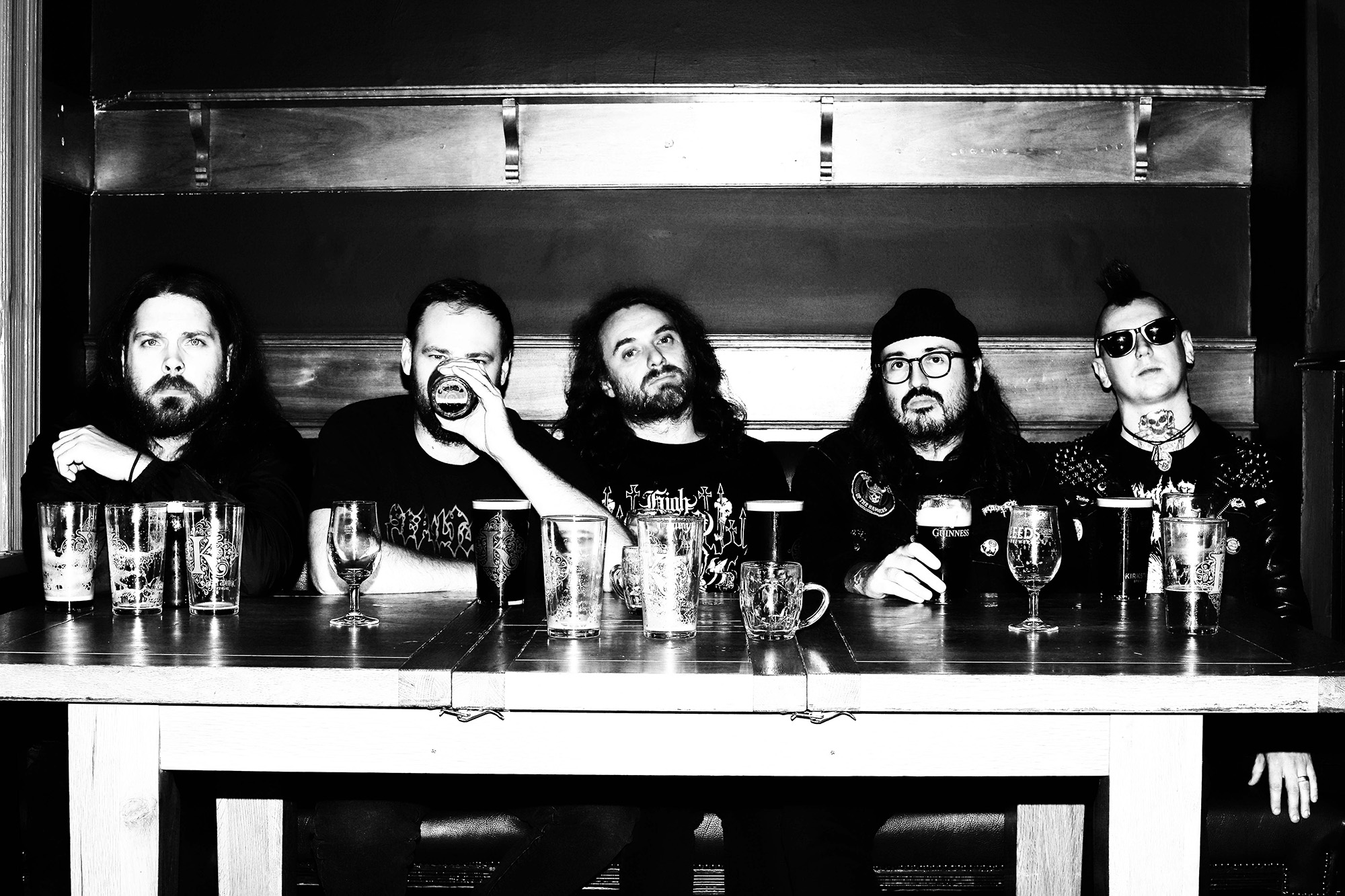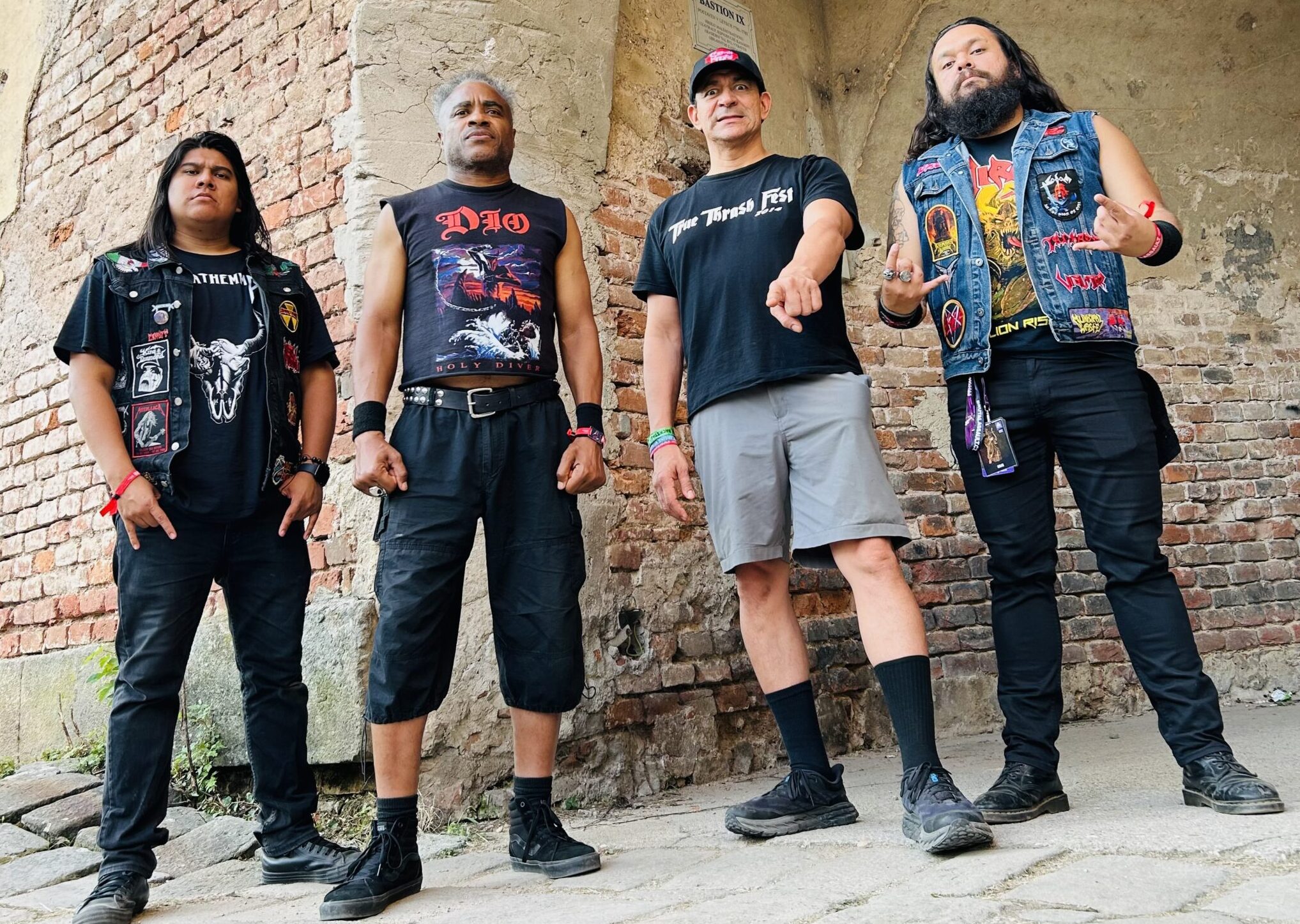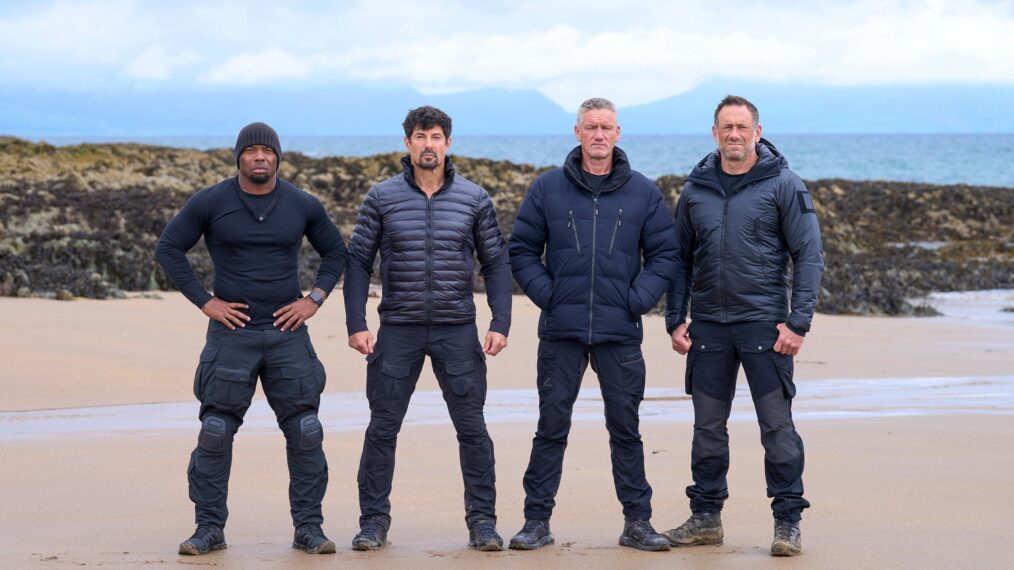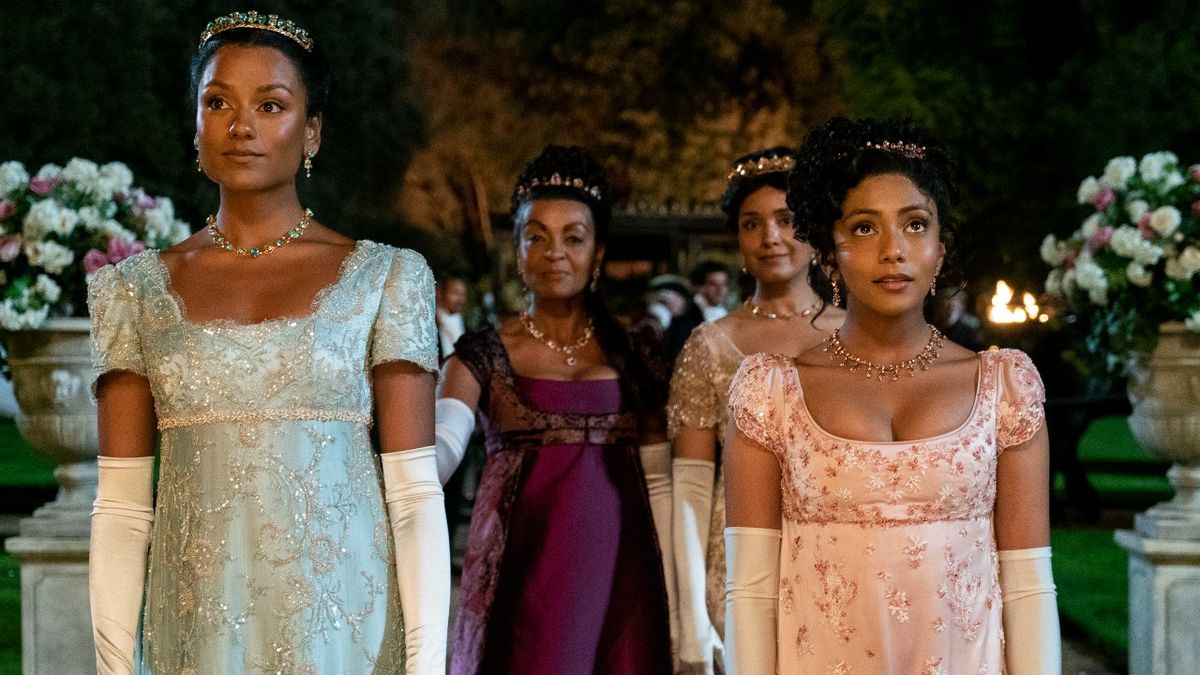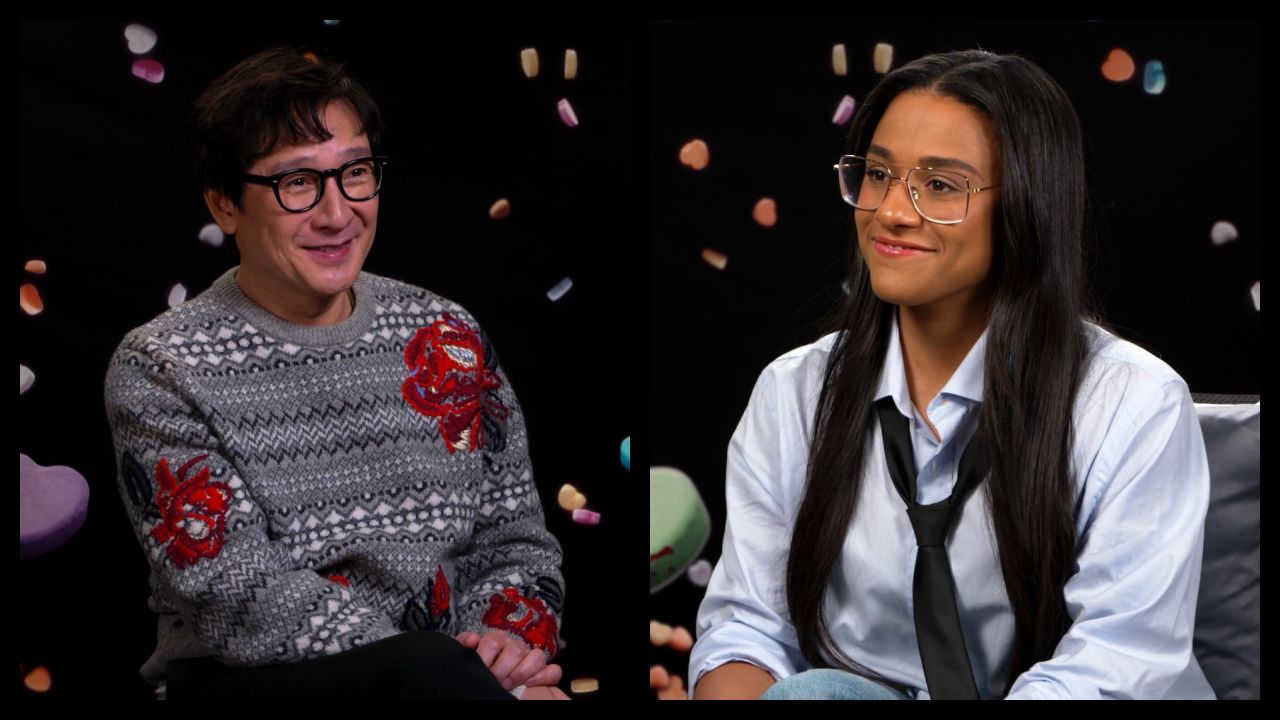
Back in 1973, Cymande (pronounced “sah-mahn-day”) was poised to make a sustained international splash. The U.K. band’s debut single, “The Message,” cracked the top 50 of Billboard’s Hot 100 chart, and Cymande’s funk-infused stew of rock, soul, jazz, calypso, reggae and African strains was being hailed as groundbreaking.
Over the course of a few busy years, the band released two more LPs under the watch of British R&B producer John Schroeder, who first came across the high-energy group in a Soho club in 1971. Cymande toured the United States with Al Green, Ramsey Lewis and other luminaries, becoming the first British band to headline New York’s legendary Apollo Theater.
But by the close of the ’70s, Cymande had taken itself out of the mix. (More on that later.) Meanwhile, over the next two decades, as the burgeoning hip-hop scene got sample happy, a sort of underdog mystique took hold. Cymande suddenly had new high-profile advocates in Fugees, Wu-Tang Clan, De La Soul, DJ Jazzy Jeff, Sugarhill Gang, Grandmaster Flash and Spike Lee. Cymande cofounders Steve Scipio and Patrick Patterson initiated a long-overdue Cymande reunion in 2011, and the band released A Simple Act Of Faith with Schroeder back at the controls.
More recognition came in the form of Getting It Back: The Story Of Cymande, a documentary from award-winning director Tim Mackenzie-Smith, which debuted at South By Southwest in 2022 and has since made it around the world twice. The film features interviews with Louie Vega, Mark Ronson, Soul II Soul’s Jazzie B, De La Soul’s DJ Maseo, My Morning Jacket’s Jim James and others. Now there’s Renascence (BMG), produced by mixing ace Ben Baptie and billed as the proper “spiritual and sonic” follow-up to 1974’s Promised Heights. Jazzie B makes an appearance on the new LP, as does award-winning British vocalist Celeste.
Scipio and Patterson grew up on the same street in south London. Their parents came to England in the 1950s from the South American country of Guyana as part of a mass immigration orchestrated by the British government. Both boys faced discrimination from an early age. Music was their escape. They talk more about Cymande’s latest resurgence below.
A half-century later, how does it feel to be getting all this belated recognition?
There’s only one word that could adequately describe the feeling: fantastic. It’s fantastic to see our music and its message recognized and appreciated by older and younger generations after all this time. Second, it’s fantastic that Cymande is now recognized and appreciated as a band of relevance that was, and continues to be, very influential for much of the music of today. Considering the lack of interest from the U.K. music industry in the ’70s, there’s a feeling of vindication for us in what we were trying to communicate with our music at the time.
What was it like working with Ben Baptie on Renascence?
It was a pleasure, both personally and professionally. Ben is an excellent producer, and his skills were perfect for Cymande’s needs. We must also give credit to Michael Orchudesch, then A&R for BMG, for putting us together. Perfect choice.
Is this a full-fledged Cymande reunion?
When the decision was made in 2011 to bring the band back together, that reunion had six original members. But with the passage of time, it became difficult for some of us to continue. The current lineup does have the two of us, the founding members and writers of most of the material on all the Cymande albums. Our current vocalist, Ray Simpson, also contributed to much of the material for the new album.
What prompted Cymande’s initial exit from the music industry in the late ’70s, and what did all of you do to stay busy during the extended hiatus?
Having achieved the level of success and recognition we did in the United States in 1973, it was extremely disappointing to return to our home country and continue to be ignored—as had been the case before we left. We weren’t prepared to allow the U.K. music industry to continue denying Cymande the recognition we felt the band rightly deserved. It was a matter of dignity. Initially, we decided to take the band off the road for a short period—to return when the climate in the U.K. might change. It just so happened that the short break turned out to be about four decades.
During the hiatus, we both worked as attorneys, but we remained involved with the music industry. Some of the other original members continued playing and developing their art as musicians. Others, perhaps reflecting their disappointment with the music industry, ceased playing entirely—at least until we called them all back together in 2011.
How did the hip-hop explosion of the ’80s and ’90s revive interest in Cymande?
We can’t to speak to what the catalyst was for the renewed interest. Whatever it was, we’re extremely appreciative of the fact that it happened. We’d like to think the younger generation recognizes that Cymande’s music has value and a serious message that’s timeless and resonates with their own life experiences. We have to give thanks to the likes of De La Soul, Fugees, Gang Starr, Raze, Masta Ace, MC Solaar and Queen Latifa, to name a few. Had it not been for them, the music industry might’ve succeeded in keeping our music buried.
—Hobart Rowland
See Cymande live.




